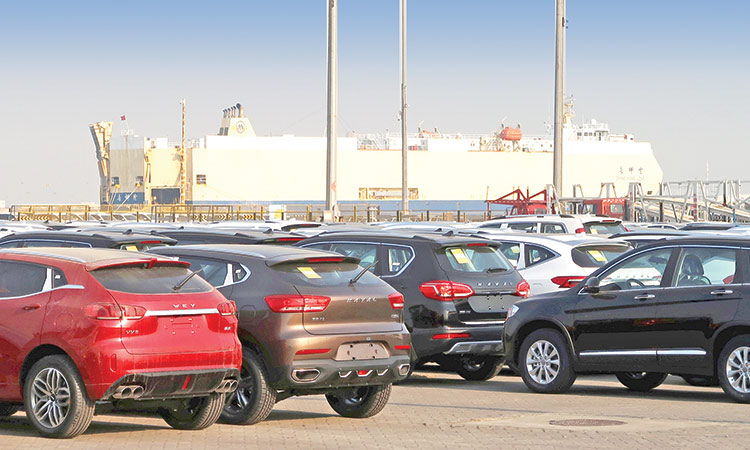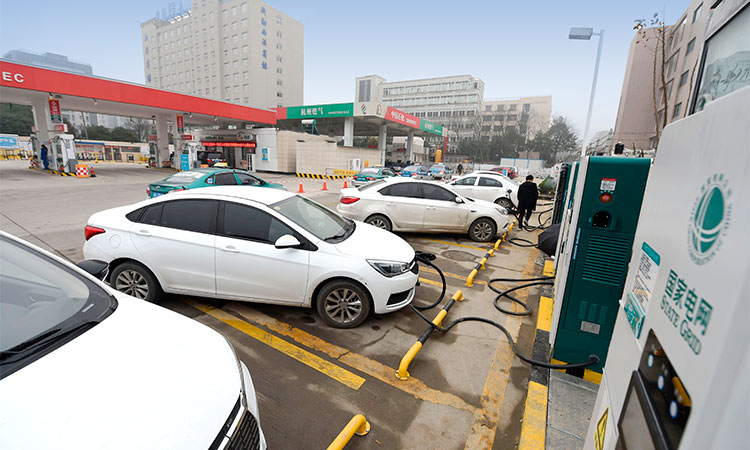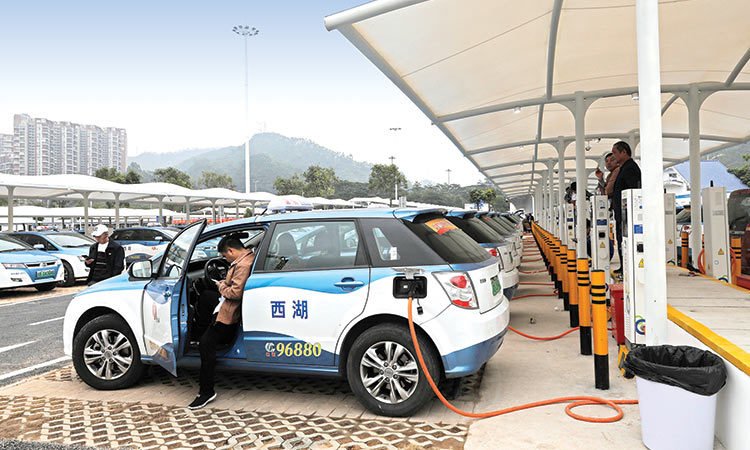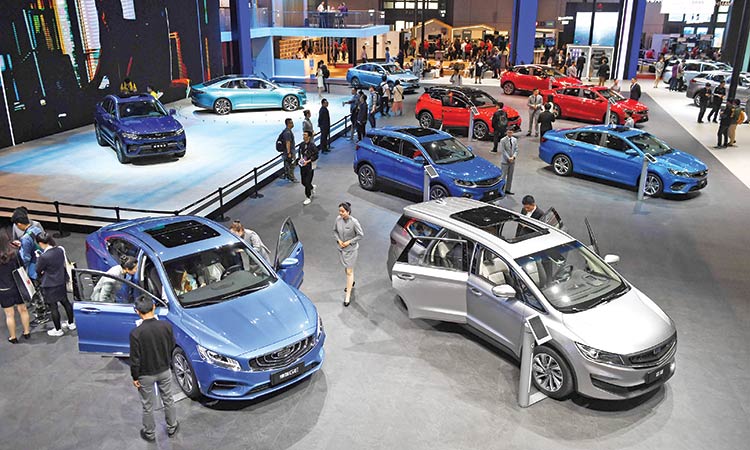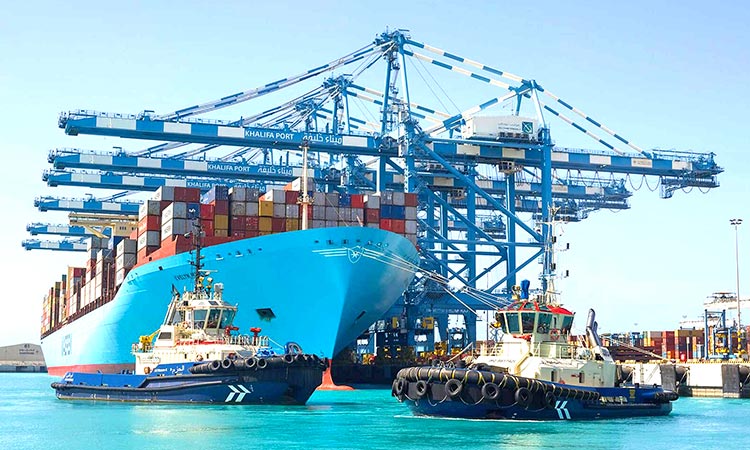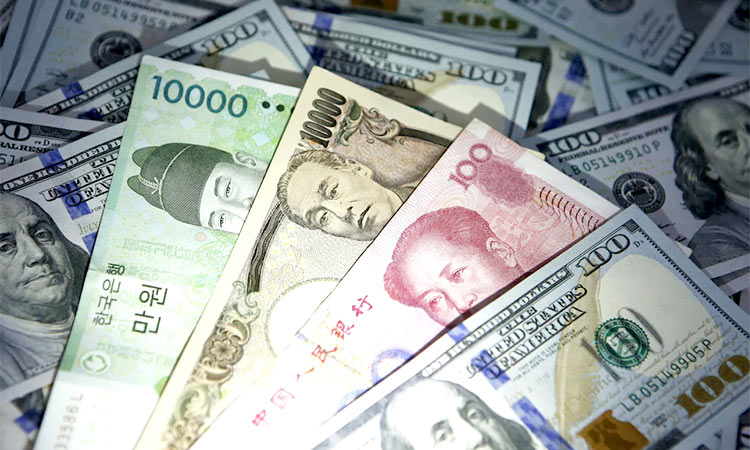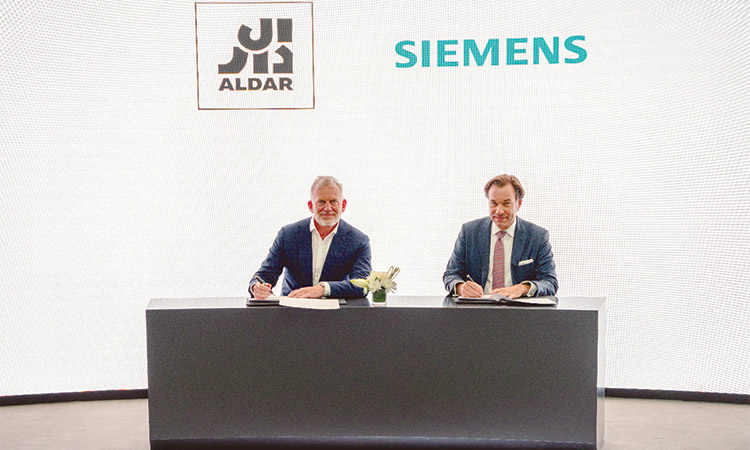China autos brace for another annual contraction, sales dip
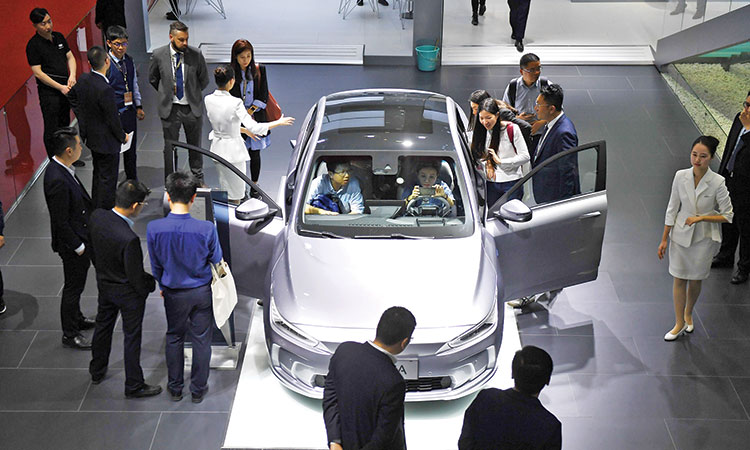
Visitors look at an electric car at the Shanghai Auto Show in China. File/Agence France-Presse
The lower forecast by the China Association of Automobile Manufacturers (CAAM) comes amid a spate of downward revisions by industry experts, triggered by a prolonged and increasingly pronounced sales slump in the world’s top auto market.
Sales in China, where auto demand last year contracted for the first time since the 1990s, could drop by less than 5% in 2019 if Beijing can effectively implement supportive policies, senior CAAM official Shi Jianhua said.
Car sales in China fell 2.8% in 2018.
Despite continued strength in new-energy vehicle (NEV) sales, overall auto sales in China have stayed bleak in the first half of 2019, with 12.3 million vehicles, or 12.4% less from a year earlier being sold over the period, CAAM data shows.
Sales in June fell 9.6% to 2.06 million vehicles.
The government needs to implement new policies to buoy sales, CAAM said, adding measures so far have not been “as effective and strong as consumers had expected”.
China has since January been trying to boost consumption of wide-ranging goods as the world’s No.2 economy slows further in 2019 amid a bruising trade spat with the United States.
But its measures to spur car sales have disappointed as they included no plans to relax controls over the issuance of new licences for traditional-fuel cars in major cities.
Consumers were also disappointed as the government did not reinstate a tax cut on small-engine vehicles in rural areas, said Alan Kang, a senior analyst at consultancy LMC Automotive.
The implementation of new vehicle emission standards earlier than the central government’s 2020 deadline by 15 cities and provinces, which account for over 60% of car sales in China, spooked buyers too and hurt sales, according to CAAM, analysts, dealers and consumers.
Even as China’s auto market weakened, sales of NEVs have continued to grow.
NEV sales rose 80% in June to 152,000 vehicles, bringing January-June sales to 617,000, up almost 50% from a year ago.
NEVs include plug-in hybrids, battery-only electric vehicles and hydrogen fuel cell vehicles. China, blighted by air pollution, has been a keen supporter of NEVs, requiring automakers to meet production quotas.
Last year, NEV sales in the country jumped almost 62% even as the broader market shrank.
CAAM said NEV sales rose sharply in June as buyers responded positively to incentives producers offered in anticipation of a planned rolling-back of official purchase subsidies.
Beijing implemented a 5-year subsidy programme for the NEV sector in 2016 to support sales and encourage innovation. But it has been slowly rolling back the programme and plans to phase out subsidies after 2020 amid criticism that some producers have become overly reliant on the funds.
Meanwhile, auto suppliers Johnson Electric Holdings and Sensirion slashed their earnings forecasts on Thursday, blaming a slowdown in car sales and pessimism about the prospects of a Chinese car sector recovery.
The news is the latest to signal weaker global industrial activity and ripples from a trade war that has already forced China’s Geely Swiss engineering company ABB Germany’s Aumann and chemicals giant BASF, to warn of turbulence ahead. Hong Kong-based Johnson Electric, which makes micro-motors and electric power steering systems, said it expects profit for the six months ending September 30, 2019 to be “substantially lower” because of a significant decline in light vehicle production and an “especially depressed” market in China.
Reuters
